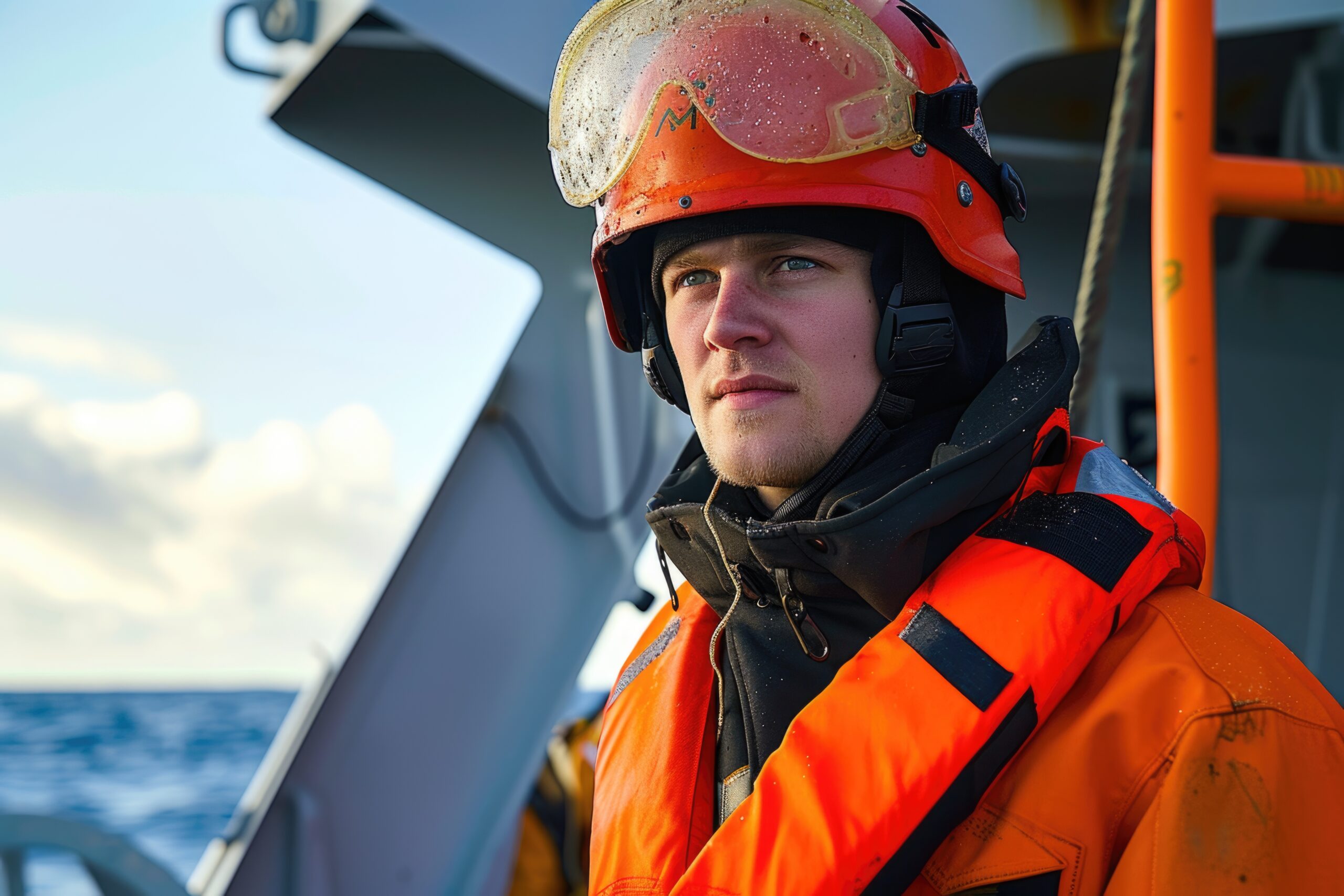A Kid in Uniform
When I joined the U.S. Coast Guard Auxiliary, I was just a kid—one of the youngest ever to pass the qualification tests in the Florida Keys. Most of the other members were seasoned boaters, retirees, or former military folks. I stood out like a sore thumb.
But from the moment I put on that uniform, I knew I had stepped into something bigger than myself.
This wasn’t a summer job or a school club. It was real responsibility. Real training. Real risk. And for a kid still figuring out who he was, it became one of the most defining experiences of my life.
Growing Up Near the Water
I was raised in some of the most water-bound places you can imagine—Islamorada, Lower Matecumbe Key, Cape Coral. Boats were everywhere. The ocean wasn’t just a view; it was a lifestyle.
Fishing, boating, diving—these weren’t hobbies. They were part of the fabric of everyday life. And with that came a deep respect for the sea.
My parents, especially my dad, encouraged my interest in maritime safety. He saw that I had a real focus when it came to learning things hands-on, and when the opportunity to join the Coast Guard Auxiliary came up, I jumped at it.
I didn’t fully grasp the weight of it at the time, but it turns out there’s something powerful about giving a teenager a radio, a chart, and a set of emergency protocols and telling him: “People are counting on you.”
Not Just Training—A Whole New Mindset
The training wasn’t easy. We studied navigational rules, weather patterns, marine radio protocol, search and rescue basics, and vessel safety checks. We practiced everything from knot-tying to emergency signal recognition. No shortcuts. No passes because I was young.
And that was the point.
In the Auxiliary, you’re treated like a professional, not a kid. You’re expected to show up, know your stuff, and carry your weight. You don’t get a gold star for trying—you earn trust by being sharp, reliable, and steady under pressure.
Those lessons stuck with me.
- Be early.
- Be prepared.
- Double-check your gear.
- Back up the backup plan.
To this day, I still feel that “readiness mindset” kick in whenever something gets tough or unpredictable—whether it’s coaching a tight lacrosse game, managing a nonprofit budget, or navigating complex policy as part of the GRU Authority Board.
Respecting the Risk
One of the biggest takeaways from the Auxiliary was this: the ocean doesn’t care how old you are. Or how cool you think you are. Or how much experience you have.
It demands respect.
I saw firsthand what could happen when people ignored safety basics. Boats taking on water. Radio silence during storms. People heading out with zero prep. That stuff stays with you.
Our job wasn’t always glamorous, but it was vital. We were the eyes and ears out there—doing safety patrols, checking life jackets, giving directions to lost boaters. Every now and then, we’d help in bigger ways—distress calls, breakdowns, even rescues.
Each time, I felt that weight and privilege. Knowing you could be the difference between someone getting home or not? That’ll teach you maturity real quick.
Standing Tall (Even When You Feel Small)
I’ll be honest—there were moments when I felt out of place. I was surrounded by adults, some with decades of experience. But I kept showing up. Kept listening. Kept learning.
And slowly, they began to treat me not as a kid, but as a teammate.
That shift did something to me. It gave me a quiet confidence that I still carry today. I learned that you don’t have to be loud or perfect or in charge to make a difference. You just have to take your role seriously and do the work.
That mindset followed me into every leadership role I’ve taken on since—whether it’s mentoring students, leading a nonprofit, or making decisions about the future of public utilities in Gainesville.
A Ripple Effect
Looking back, I realize now that joining the Coast Guard Auxiliary was more than just an early achievement. It was the beginning of how I started to see myself—as someone who could step up, serve others, and take responsibility seriously.
I didn’t join for a resume boost or recognition. I joined because I loved the water and wanted to contribute. And in return, I got a foundation that would serve me in every corner of life.
That’s why I believe so deeply in programs that give young people real responsibility early. Whether it’s sports, scouting, or service, we need to stop underestimating what kids are capable of. When you give a young person structure, trust, and a meaningful role, amazing things happen.
Anchored for Life
To this day, I can still hear the static of the marine radio and feel the hum of the boat engine under my feet. I can still remember the checklist drills and the way my pulse spiked when a call came in.
But more than that, I remember what it felt like to be trusted. To be part of a team. To serve something larger than myself.
That’s the part I carry with me now—into boardrooms, nonprofit meetings, and lacrosse huddles. That sense that leadership isn’t about age or title. It’s about showing up, doing the work, and keeping others safe—no matter what the weather looks like.
